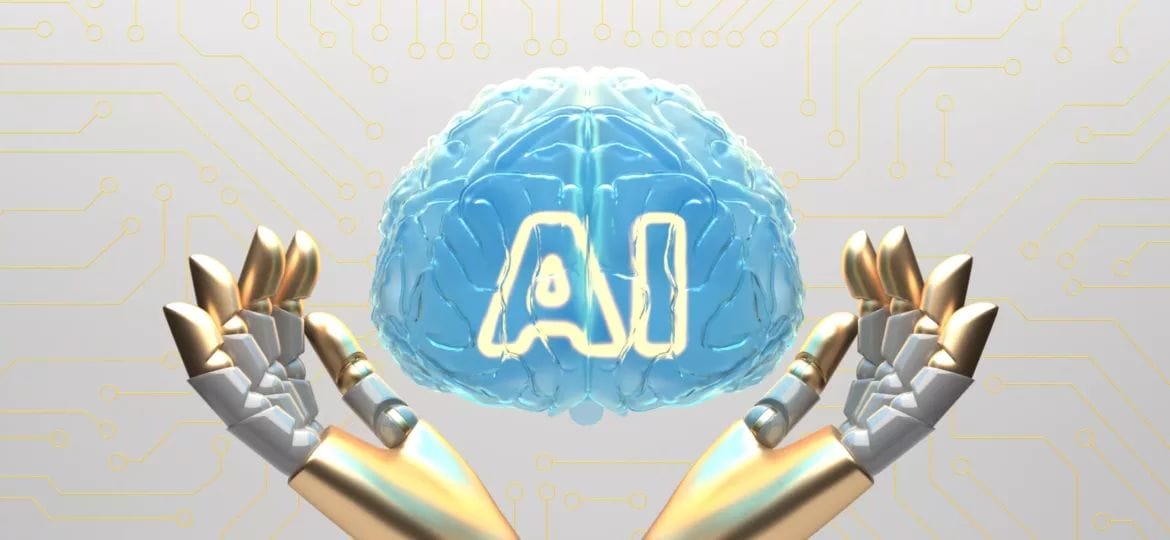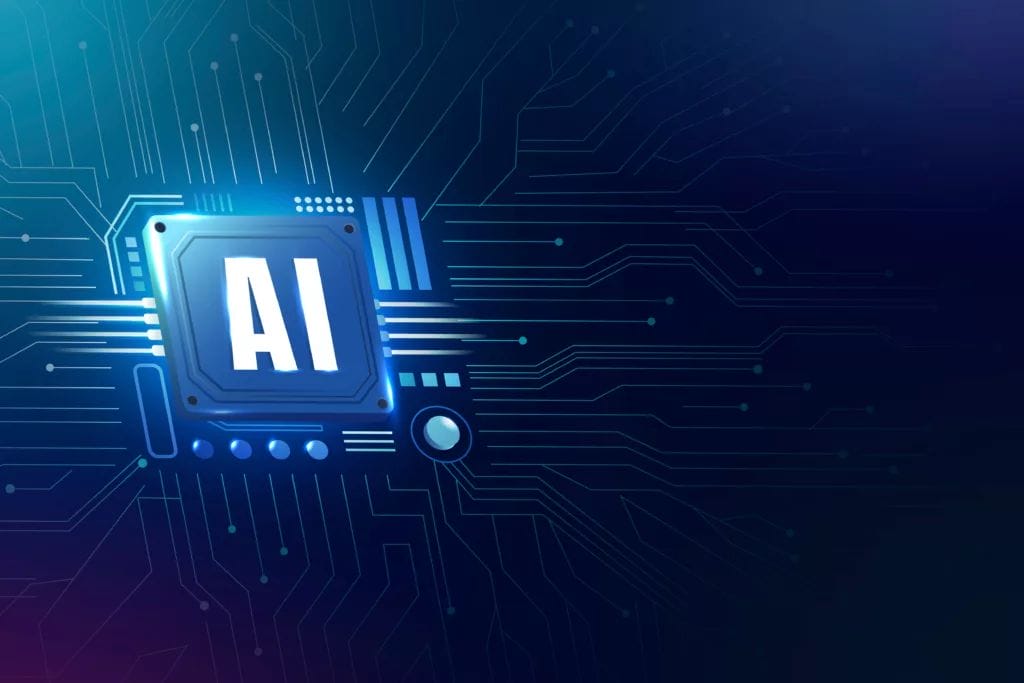
How Is AI Transforming Project Management Across Various Domains?
- AI in Project Management transforms efficiency and decision-making, revolutionizing planning, execution, and monitoring of projects with predictive analytics and automation.
- The evolution of project management saw a shift from traditional methods to AI integration, enhancing agility and responsiveness in project execution.
- AI-driven automation streamlines routine tasks in project management, reducing errors and saving time, thus significantly improving overall project efficiency.
- In project management, AI assists in critical decision-making by analyzing complex data to reveal trends and patterns, aiding in informed decision-making.
- AI enhances resource management in projects, optimizing resource allocation and utilization, and predicting future needs for better project performance.
- Addressing ethical considerations, skill gaps, and resistance to change are key challenges in integrating AI into project management practices.
AI in Project Management is revolutionizing efficiency and decision-making, shifting from traditional methods to agile, AI-enhanced practices. It streamlines routine tasks, aids critical decisions through data analysis, optimizes resource management, and confronts challenges like ethical considerations and skill gaps.
Introduction to AI in Project Management

Is the traditional approach to project management keeping pace with our fast-evolving digital world? The integration of AI in Project Management suggests otherwise. This cutting-edge technology is redefining efficiency and decision-making in project tasks. Moreover, AI’s predictive analytics and automation capabilities are revolutionizing how projects are planned, executed, and monitored.
Furthermore, AI tools are becoming indispensable in handling complex data, enhancing collaboration, and optimizing resource allocation. Nonetheless, the transition to AI-driven methods presents unique challenges and learning curves. Additionally, the dynamic interplay between AI and human expertise is crafting a new paradigm in project management, paving the way for more innovative and effective strategies.
The Evolution of Project Management
How has project management evolved over time? The journey begins with traditional methodologies, which primarily relied on linear and phased approaches, like the Waterfall model. These methods, though effective in their time, often lacked flexibility. As industries expanded, the demand for more adaptive and responsive project management techniques grew.
The Impact of Technological Advancements on Project Management
Consequently, agile methodologies emerged, emphasizing iterative development and stakeholder collaboration. Furthermore, technological advancements brought sophisticated software and tools, enabling more efficient project tracking and communication. The introduction of AI in Project Management marked a significant milestone in this evolution.
AI’s ability to analyze vast datasets and predict project outcomes is transforming how managers approach planning and execution. Moreover, AI integration in project management tools is enhancing decision-making processes and resource management, heralding a new era of efficiency and effectiveness in managing complex projects.
Core Areas of AI in Project Management

In the realm of AI in Project Management, predictive analysis stands out for its ability to forecast project outcomes and identify potential risks before they manifest. By analyzing historical data, AI algorithms can predict project timelines, budgetary constraints, and possible hurdles, allowing managers to make proactive decisions. Furthermore, this foresight helps in mitigating risks, ensuring project success.
Automation of Repetitive Tasks
AI’s role in automating repetitive tasks is a game-changer in project management. Routine activities like scheduling, data entry, and status updates are streamlined, thanks to AI-driven tools. This automation not only saves time but also reduces human error, enhancing overall project efficiency.
Enhanced Decision Making
Incorporating AI in critical project decision-making processes elevates the strategic aspects of project management. AI systems analyze complex data sets to provide insights that guide decision-makers. Moreover, these insights can uncover trends and patterns invisible to the human eye, leading to more informed and effective decisions.
Optimizing Resource Management
Effective resource management is pivotal in project management, and AI significantly contributes to this area. By optimizing the allocation and utilization of resources, AI ensures that every aspect of the project receives the necessary attention without wastage or overuse of resources. Additionally, AI-driven tools can predict resource needs, adjust allocations in real-time, and enhance overall project performance.
Case Studies and Success Stories Of AI in Project Management
AI in Project Management: A Success Story
A notable example of AI integration in project management is seen in a leading tech company. They implemented AI-driven project management software to streamline their development process. This resulted in a significant improvement in project completion times, with efficiency increasing by 30%. Furthermore, the accuracy in resource allocation and risk prediction was markedly enhanced, leading to more successful project outcomes.
Analyzing Improvements: Efficiency and Accuracy
Another case study involves a multinational corporation that adopted AI tools for project management. The AI system was able to automate routine tasks, reducing the workload on project managers. Additionally, AI’s predictive analytics helped in accurately forecasting project timelines and budgets, which improved overall project efficiency by 25% and reduced cost overruns.
Gleaning Insights: Lessons from AI Implementations
Lastly, a case study in the construction industry revealed valuable insights. The integration of AI in project management led to better safety standards and quality control. AI algorithms predicted potential safety hazards and quality issues, allowing for preemptive measures. This not only improved safety records but also ensured higher standards in project execution.
Challenges and Considerations

Ethical Dynamics in AI-Driven Project Management
Integrating AI into project management isn’t just a technical endeavor but also an ethical one. Ethical considerations, such as data privacy and bias in AI algorithms, are crucial. Organizations must ensure that their AI systems uphold ethical standards and do not inadvertently introduce biases into project management decisions. Additionally, maintaining transparency in AI-driven processes is vital to uphold trust and integrity.
Bridging the Skill Gap: AI in Project Management
The introduction of AI tools in project management has highlighted a skill gap in the workforce. Addressing this requires comprehensive training programs to equip project managers and teams with the necessary skills to leverage AI effectively. Furthermore, continuous education and updates on AI advancements are essential to keep pace with evolving technology.
Embracing Change: Overcoming Resistance to AI
Resistance to AI adoption in project management is a significant hurdle. It often stems from misconceptions about AI replacing human jobs or fears of the unknown. To overcome this, organizations need to focus on change management strategies, highlighting the complementary role of AI in enhancing human capabilities rather than replacing them.
Conclusion
The journey of AI in Project Management has been transformative, reshaping the landscape of how projects are managed. From predictive analysis to resource optimization, AI has proven to be a valuable asset, enhancing efficiency and accuracy. Furthermore, the successful case studies and advancements in AI technologies underscore its potential to revolutionize project management practices.
As we look towards the future, the integration of AI in Project Management is not just a trend but a necessity for staying competitive and effective. Embracing AI requires not only technological adaptation but also an openness to evolving project management methodologies. Additionally, addressing the challenges and ethical considerations will be key to harnessing AI’s full potential.

